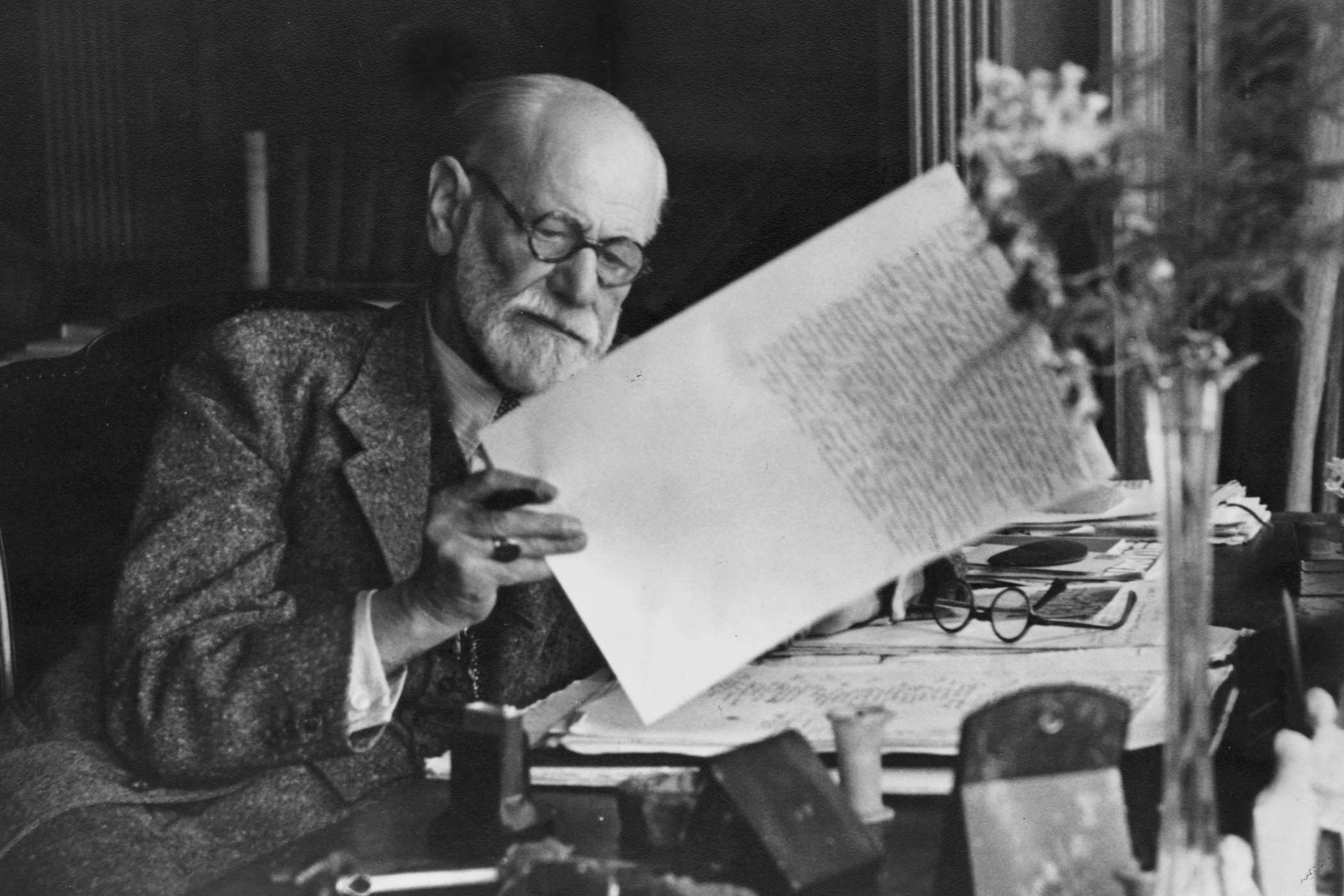“The sentimentalist is always a cynic at heart,” said Oscar Wilde; “sentimentality is merely the bank holiday of cynicism.” In another mood, he pronounced sentimentality as the desire “to have the luxury of an emotion without paying for it”. What is going on here? That’s the question posed by the writer and former political adviser Ferdinand Mount, who refuses to be cynical about anything except cynicism: “Why do emotions have to be paid for? What sort of transaction is in question?” he asks.
It is often easier to be ironical than earnest, Mount suggests. It makes it all the more ironic, then, that an attitude of cool detachment has come to be seen as a marker of high-cultural seriousness, while sentimental art and literature is mostly dismissed as facile, popular guff. Mount is a former editor of the Times Literary Supplement and a Sunday Times columnist who has published more than a dozen novels and a dozen nonfiction books. He starts from the assumption that we are uncomfortable with big feelings; that we see something embarrassing and perhaps even decadent about overflowing emotion. Which you probably would do if you, like Mount, had moved in the late 1950s from Eton to Oxford, and later been a Tory “wet” in charge of Margaret Thatcher’s No 10 policy unit. Soft: A Brief History of Sentimentality sets out to make a contrarian’s case for the rewards of gentler virtues. To be “soft”, Mount writes, “is indispensable for human flourishing”.
The case for the defence is that sentimentality has real power. Critics might have dismissed Harriet Beecher Stowe’s 1852 anti-slavery novel Uncle Tom’s Cabin, for instance, as implausible melodrama, yet its impact on shifting public opinion in the US was such that Abraham Lincoln was reputed to have greeted her as “the little lady who started this great [civil] war”. In Britain, Charles Dickens was scorned in the pages of literary journals for how effortlessly he had cornered the popular appetite for sentimental outcry at the tragedy of the poor and vulnerable. (It would take “a heart of stone”, wrote Wilde, “to read the death of Little Nell without laughing”.) There was also genuine fear that Dickens’s brand of “sentimental radicalism” might hold an all too effective political sway over newly enfranchised working-class hearts and minds.
In a whistle-stop tour of western culture, from medieval troubadours to weeping footballers, Mount identifies three era-defining “sentimental revolutions” in history, charting how each has been allied with new ways of caring in politics and society. In the middle ages, the “courtly love” of poets and knights errant elevated romantic affection almost to the status of a religion. Pining for the lady of your heart’s desire “became the summit of human experience” – something even the most amorous of classical authors would have found a bit much. It spilled back into religion itself in the form of an intensified Christian devotion: passionate veneration of the Virgin Mary; a great deal more weeping in church. Then came not just a great wave of gothic cathedral-building (in the “soft style”, no less), but an age of hospital-building, charitable giving and monastic hospitality.
The second sentimental revolution was the 18th-century Age of Sensibility, when extravagant displays of sensitivity were the height of fashion. To shed tears over sentimental novels by Samuel Richardson, Goethe or Rousseau was to show – in certain social circles, at least – that you were a person of taste and feeling. Even at the time, this outpouring of pathos led to biting satirical disdain. The publication of Richardson’s Pamela in the 1740s was said to have split the nation into Pamelists and anti-Pamelists. Henry Fielding penned a notorious spoof, Shamela.
For satirists, their contemporaries’ readiness to emote was at best over the top and at worst disingenuous virtue-signalling. And yet, writes Mount, this popular upswell of empathy was joined to a tide of progressive social causes: from campaigns for the abolition of slavery to the founding of homes for orphaned children, penal reform, and another wave of charitable hospital-building. Did it matter if soppy page-turners were “good art” or not, if they taught people to empathise with the plight of others and resolve to do something about it?
Likewise, in Mount’s third sentimental revolution, from the 1960s onwards, the “permissive society” – in which homosexuality was decriminalised; the death penalty repealed; divorce and abortion made legal, and gender and racial equality laws put in place – was soundtracked by the Beatles singing All You Need Is Love. What happened was a “slow but unmistakable softening of public opinion”, Mount writes, making a case for the Beatles having had “the most lasting impact on the emotional life of the nation”.
There were counter-revolutions, too. After the middle ages, the Reformation hardened into a puritan contempt for excessive emotions (one problem being, as ever, that tears were “womanish” things). Even in the Italian Renaissance, art seemed to get altogether cooler: more serene, but also more distant. The second sentimental revolution was eclipsed by the French Revolution – proof of concept, to anti-sentimentalists, that whipping up people’s feelings to fever pitch wouldn’t end well. In its place came a kind of manly froideur: romantics atop lofty peaks, sensible Jane Austen, and a growing sense of racial superiority buttressed by the opinion that crying was something natives and foreigners did.
Goethe and Rousseau come in for a drubbing for their cynicism in writing sentimental novels because they thought they would sell well
Goethe and Rousseau come in for a drubbing for their cynicism in writing sentimental novels because they thought they would sell well
If sentimentality lived on in Victorian culture, so too did hardline imperial masculinity. Lips and sinews stiffened. By the early 20th century, modernist snobbery derided writers such as Arnold Bennett for their sentimental treatment of ordinary suburbanites, much as critics had done with Dickens and street urchins. Futurists were so sick of the milk of human kindness that they declared “war” to be “the world’s only hygiene”.
As social history, these broad brushstrokes sometimes obscure more than they delineate. As cultural criticism, though, Soft is persuasively entertaining. Mount writes that he began in that “contrarian spirit” simply to see if there was room “to question the accepted scorn for sentimentality”, and ended up making a stronger case for sentimentality than he anticipated. There is still plenty of space left to be enjoyably heretical: he makes arguments for Michelangelo being an overrated sculptor – too much calm sublimity in those marble faces – and Picasso’s Guernica being accidentally funny. Goethe and Rousseau come in for a drubbing for their cynicism in writing sentimental novels because they thought they would sell well. But Mount makes impassioned defences of Les Misérables (both novel and musical) and Samuel Richardson – hysterically described here as a “chirpy little cock robin”. His sympathies are with 18th-century Methodists roused to howling tears by itinerant preachers, rather than with the historian EP Thompson, who felt this was a form of “psychic masturbation”. Methodism, alas, would later “become rather depressingly respectable”.
Newsletters
Choose the newsletters you want to receive
View more
For information about how The Observer protects your data, read our Privacy Policy
What there isn’t in Soft is a recognition of the sinister side to sentimentality. Mount’s subjects are broadly sorted into camp hard or camp soft, but it is much more uncomfortable to confront the softness of people who are also capable of terrifying cruelty. Edwardian soldiers returned from imperial atrocities to cry over children’s literature; Hitler loved dogs and children. Sometimes, sentimentality is harnessed to the cruelty – as in the kitschy domestic idylls of fascist propaganda. “Soft power”, meanwhile, isn’t always the politics of sympathy, but can be calculatingly machiavellian. And it is at least worth considering that those images of stiff-upper-lipped imperialists, lovingly portrayed on their romantic-heroic adventures, might also be incredibly sentimental.
Soft: A Brief History of Sentimentality by Ferdinand Mount is published by Bloomsbury Continuum (£20). Order a copy from The Observer Shop for £18. Delivery charges may apply
Editor’s note: our recommendations are chosen independently by our journalists. The Observer may earn a small commission if a reader clicks a link and purchases a recommended product. This revenue helps support Observer journalism
The Doctor (1891) by Luke Fildes, courtesy of Alamy


